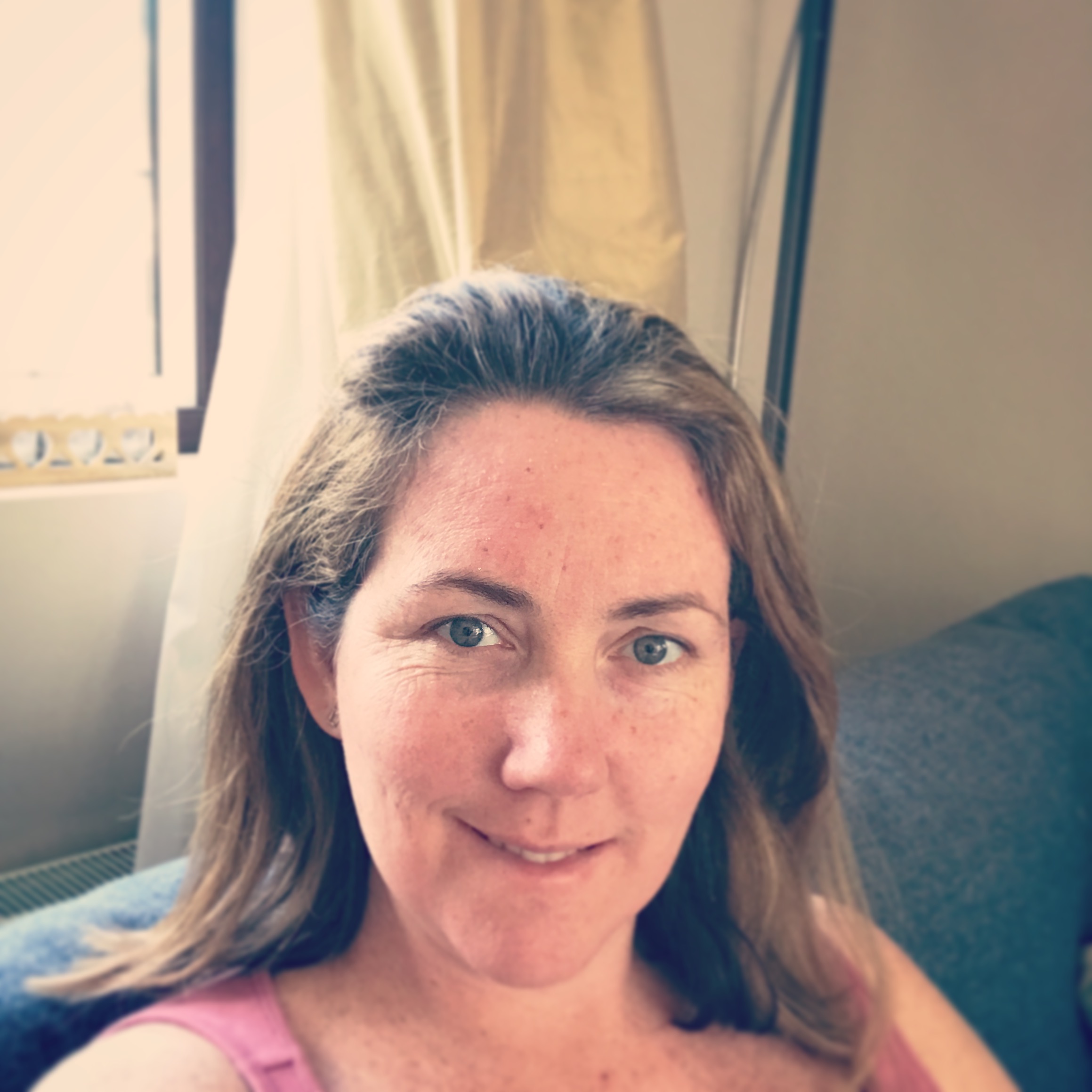For me lockdown meant freedom. Freedom from commuting, open-plan offices and the constant hum generated by human interactions. For a glorious few weeks I was free from the anxiety that I had been battling for more than 7 years. And I was happy.
As someone who is autistic, I have spent many hours reading about neurodiversity and the importance of the working environment. I knew about the impact that open plan offices and the demands of social interaction can have on neurodivergent people. I have written and spoken about the need for neurodiversity inclusion to help the neurodivergent fulfil their potential in the workplace, and have explored the many changes that can be brought about to achieve this. I always knew that I didn't enjoy working in an open plan office, struggled with anxiety and that I become drained during socially intense periods of time. But I didn't realise just how much my working environment and daily routine was taking it out of me every day.
For the past seven years I have increasingly struggled with anxiety, and have been seeing a therapist once a week for over a year in my attempts to put my anxiety behind me. Each Saturday morning I struggled to get out of bed, as I completely exhausted and I would spend much of Saturday in my room or alone in the garden trying to decompress while my husband ran about looking after our two children. I was wracked with guilt for not being around more, but my exhaustion was so great and my nerves so on edge that I needed that time to myself so that I could be the engaged mum that they needed during the rest of the weekend. Each week was a battle, but I was determined to find a way through it. I didn't want to give up my job, as I love what I do but I knew that I couldn't carry on living that way. I wanted to find a way where I could do my job without the anxiety and exhaustion. It is why advocating for neurodiversity inclusion has been so important for me.
Then came COVID, lockdown and full-time working from home. The change was an easy one for me, as I had been working from home up to two days per week for the past five years. I didn't think much about it, until I noticed a change. Within two weeks my mood had changed and I felt my anxiety completely lift for the first time that I can remember. I felt lighter, and joyous. I was happy. My energy levels rose dramatically, to the point that I was up before my husband on Saturday mornings. The first saturday he found me in the garden enjoying the early morning birdsong and admiring the emerging flowers in the garden, and wondered what was going on. I was a changed person and it was visible. My weekly sessions with my therapist (now being done remotely via Skype) were put on hold as there wasn't much to talk through as I smiled my broadest smile and enjoyed how great I was feeling. Like everyone I was concerned about Covid and my heart went out to everyone who had been impacted by it, but the departure of my anxiety left me space to enjoy simple pleasures like time with my family and being in my garden. I was still doing the same job, dealing with the same issues, and maintaining the same work schedule with the same people via regular Skype calls. The only thing that had changed was my working environment.
Life continued to change. The number of requests for virtual coffees and online socialisation rose. There wasn't a day that didn't have at least one of these sessions. This was a new form of social demand and it felt completely foreign to me - I struggled with the "enforced socialisation" and increasingly ignored many of these sessions as it didn't feel natural. My work assignment was coming to an end after 14 months (this was always the plan, as it was a temporary role), which meant handing over to my replacement and stepping back from many of the people facing aspects of my job. Friends and family wanted to engage online as well, however after a day of sitting at my home computer I didn't want to spend more time talking to people on a screen. The same was true for social media. It is not that I didn't want to talk to them, I just needed to get away from my screen and it was easier to switch off everything so I could enjoy my own space at home. Effectively, I disconnected and retreated into my own little bubble as I tried to hold onto being anxiety free.
After a few weeks I started to notice the loss of connection with many of my team members. I was starting to feel like a ghost. I was starting to feel forgotten. The same was true outside of work. My bubble was starting to become a barrier. At home I saw the impact that not being able to see friends at school was starting to have on my daughter, and how much she craved interaction with other people her age. In creating a bubble around me, I had created a bubble around her. She needed the social interaction that I had been so quick to move away from. I realised that my desire to reduce social demands and anxiety from being in a crowded workplace needs to be managed so it doesn't leave me in a situation where I have socially isolated myself from the rest of the world. I also need to remember that there are people around me, like my daughter, who need that social interaction in order to function. Different people need different environments, and as with everything there is a balance to be had.
My assignment has now ended, and I am getting ready for the next one. I don't know what is next for me and the uncertainty is a challenge as I don't enjoy not knowing, but the anxiety is still so much lower than it was before Covid. My biggest concern now is the end of lock-down, with a return to the workplace and how things were before. I don't want that.
I want to hold on to those weeks where I continued to work and be productive, without the anxiety and loss of energy by the end of each week. Lockdown has shown that different ways of working are possible and that organisations can adapt. It has also shown that this is not the same for everyone. Some have struggled working remotely, whilst others have thrived. Different people need different environments. The very essence of neurodiversity inclusion. In adapting to the current challenges and life post lockdown, there is a great opportunity for everyone to ensure greater neurodiversity inclusion. My greatest hope is that organisations will now focus on people-centred ways of working as they work out what the new normal is once lockdown ends.



